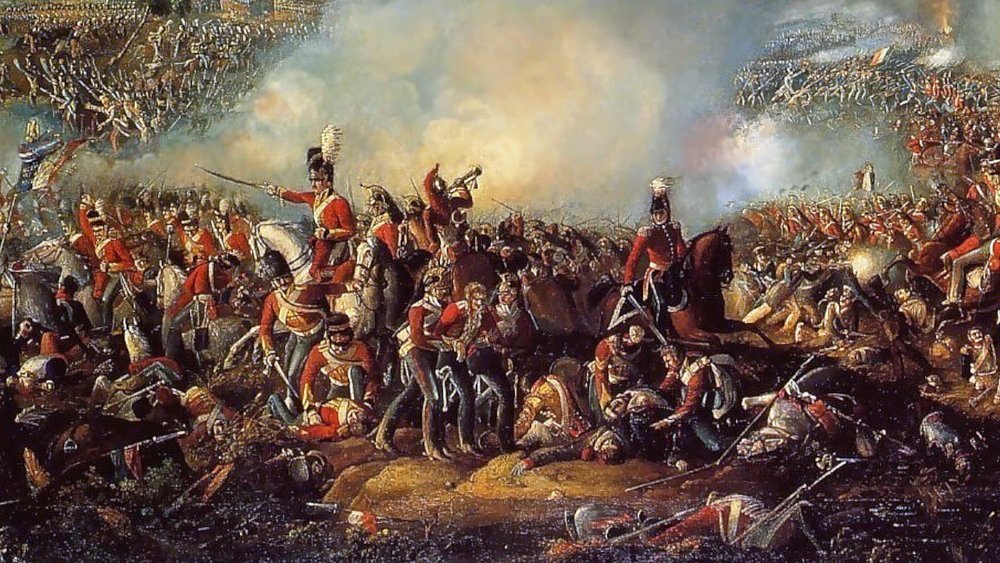The metaphorical world of cancer

Thanks to Olson Zaltman's Tim Bradley for sharing an article from The Guardian in which the British charity Macmillan Cancer Support warns of the drawbacks of using battle metaphors to describe patients’ experiences with cancer.
Macmillan argues that framing cancer as a fight makes patients feel guilty for admitting fear and often encourages them to “keep fighting to the end” rather than properly planning for a good death. (64% of cancer patients want to die at home, but only 30% actually do.)
The group does acknowledge, however, that “fight metaphors” can help some people remain optimistic.
This reminds me a bit of Susan Sontag’s classic work Illness as Metaphor, in which she argues that the metaphors we use for conditions like tuberculosis (in the 19th century) and cancer unconsciously blame the victim for their condition. She argued that we should not use metaphor at all when discussing illness and its treatment, and instead should stick with purely clinical descriptions of causes, symptoms, and treatments.
Nice theory. In reality, not possible. But Sontag’s broader point is echoed in the “fight” metaphor for cancer. If you die of cancer, does that make you a loser? If you have a particularly fast-moving cancer and you succumb quickly, does that suggest you are weak?
The question is then, how SHOULD we talk about cancer? We have studied breast cancer.“Journey” is a different metaphor that also describes people’s experience with that condition and presumably other forms of cancer. Should we shift our language in that direction? If so, what about the patients who actually find “battle” metaphors to be empowering?
